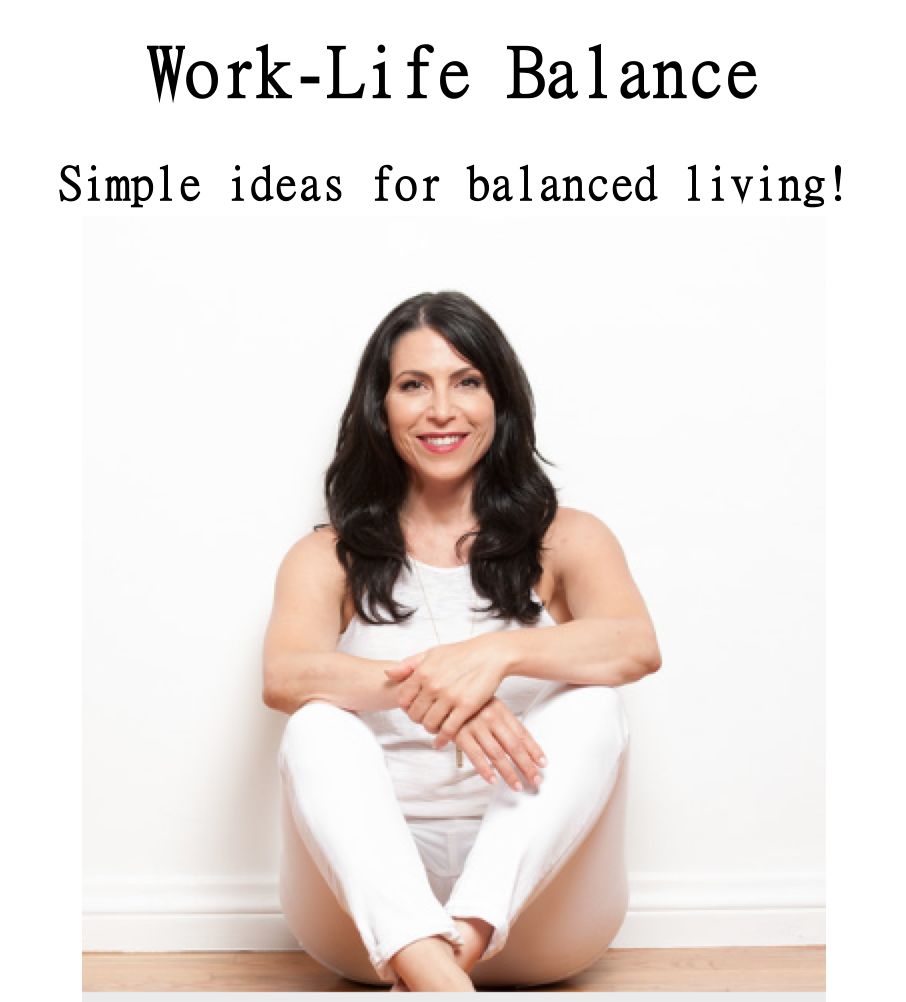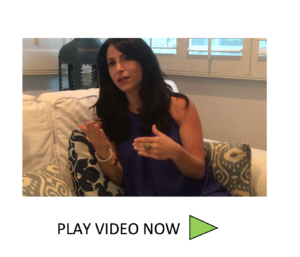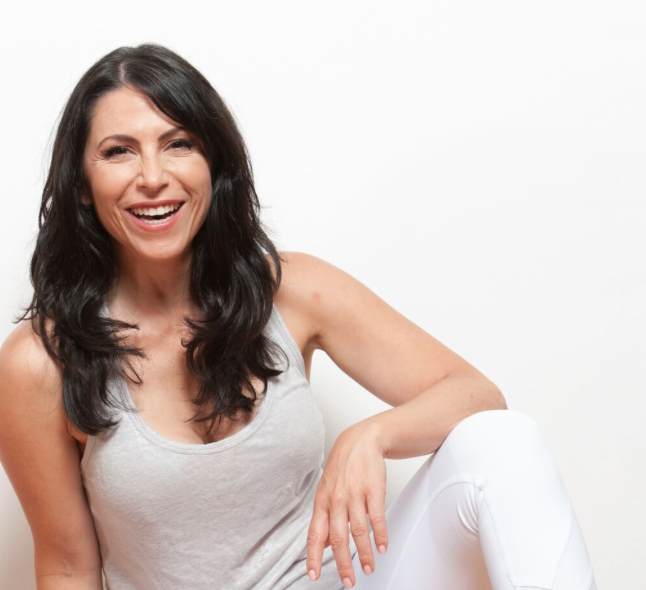How to Break Up with Stress
First let’s identify and understand stress and stressors a bit so that you will have a deeper understanding about where it may be creeping into your life.
First, stress has been proven to lead to physical illness, mental illness, injury, obesity and disease. In fact, stress is considering the leading cause of these! Even if you have a genetic pre-disposition towards an illness or disease, stress activates that gene. It essentially flips the light switch from the off position to the on position within our DNA. The numbers are staggering, research has shown that between 94-98% off ALL illness and disease is caused (related to?) by stress!
Stress is not just emotional. It can be mental (happening in our thought life), emotional, physical and environmental. Toxins we encounter causes stress to the immune system and our entire body functions.
So why not just remove stress from our lives? Well, in order to do this, we would have to live in a bubble and that would be stressful too! It is not the goal to completely remove all stress but to reduce stress while INCREASING OUR CAPACITY to deal with or handle stress.
Another important aspect of becoming empowered to breaking up with stress you need to consider is…
Where may I be adding to, or creating stress, in my life?
What do I gain from doing this, what do I get out of it?
Sometimes we create stress and chaos in our lives, or at the very least feed it, in order to avoid dealing with or acknowledging something we are not yet ready to face, resolve or change. It’s like creating a big loud clanking distraction that makes it almost impossible to hear or notice anything else. In order to truly break up with stress we must take ownership and accountability for the part we play in it.
So here are some simple steps to reducing stress and increasing your capacity to handle life’s stressors:
- Reduce Stress
Emotional Stress Reduction
First and foremost, recognizing and honoring our emotions is a critical part of emotional stress reduction. We need to both be aware of our feelings, then process and release those emotions in a healthy and balanced way versus suppressing, avoiding or ignoring them. Secondly, we need to take ownership of our emotional life. If we are experiencing negative emotions blaming others will not help. We must each find healthy ways to experience and express our emotions. No one else can make you FEEL any emotion without your permission and YOUR participation.
Reducing emotional stress is best done through aligning yourself with your values. When our job, relationships and all other aspects of our lives are aligned with our values and our true self (versus all the beliefs and thoughts of what SHOULD be) emotional stress will be significantly decreased.
Also learning healthy boundaries and how to say NO to the things that add un-necessary emotional stress to your life will set you free from an overabundance of emotional stress.
Physical Stress Reduction
Physical stress comes when we do not properly care for our bodies and our physical environment, as well as when we are exposed to toxins through the food we eat, the water we drink and the air we breathe. Obviously trying to control this by completely removing all physical stressors would create an even bigger imbalance, and more stress. Try to find ways that you can limit physical stressors. Balancing and responsibly managing finances, life tasks and even cleaning (decluttering and organizing greatly reduce physical stressors).
Another way to reduce physical stressors is by making a commitment to yourself to get enough sleep, water and healthy balanced meals in your system each day. You can reduce the toxins you ingest by drinking more filtered water, packing foods in glass versus plastic, eating foods that are fresh, made by you and include fruits, veggies, lean proteins and healthy fats and avoiding eating pre-prepared foods.
Mental Stress Reduction
Whenever I mention ‘mental’ health or ‘mental’ stress people often think I am referring to intelligence or expanding the mind. When I am speaking of mental stress, this is referring to your thought life. The thought life are the types of thoughts you think, especially the recurring ones. Are they negative, filled with fear, optimistic, pessimistic, balanced, loving or reactionary? You are in control of your mind and the thoughts that you think. I am not recommending avoiding negative thoughts, instead invite yourself to avoid getting into a relationship with negative thoughts and negative thought cycles. In order to have a relationship with someone or something you must invest time and attention to them. So don’t invest in your negative thoughts and allow them to go on and on and around and around repeatedly. Also learn how to let things go. Obsessing is not problem solving and only causes you to suffer.
Environmental Stress Reduction
Similar to some elements that I mentioned under ‘physical stress reduction’, environmental stressors can also be toxins. These can be in the air you breathe or the materials within the four walls where you live or work. Again, we cannot healthfully completely control our environment but we can choose to reduce environmental stress by intentionally increasing time in less stressful environments. Less traffic, less pollution, less toxic materials. Intentionally investing time in environments that ‘feel better’ will automatically begin reducing your exposure to environmental stress. We must learn to listen to what environments ‘feel’ good or better.
The two simplest ways to reduce your environmental stress are to increase time in nature, amongst its beauty, out in the cleaner air and to clean up the environment you are most in. Cleaning up your environment means participating in reducing your own foot print because we all are co-creating this toxicity we experience. It also means being intentional about your home and work space where ever you are able to do so in a balanced manner. Keeping your space clean, removing toxins, filtering your air, purifying your space and purchasing environmentally safe items such as non-toxic clothing and furniture will do more for reducing your environmental stress then you may ever imagine!
- Increase Capacity to Deal with Stress
It is unrealistic and also not healthy to try to avoid everything stressful. This simply weakens our ability to cope with life. Just because something may feel difficult or ‘bad’ does not mean that it IS bad for you. Overcoming and dealing with life’s stressors not only strengthen our character and increase our capacity to cope with stress but it also builds our character. It helps us grow and expand into the type of person who can feel inner peace and have clarity and calmness of thought even amidst difficult challenges.
When increasing our capacity for stress, the metaphor I like to use most is; imagine that you are carrying around a glass of water that is half full. Every time you encounter stress it’s like adding another ounce of water in your glass. Now, if you don’t take frequent sips to empty the glass, eventually those little one ounce stressors will make your glass so full that the next one-ounce stressor will cause an overflow, a mess, that will pour out everywhere. If we are continually intentionally emptying the stress we are not thrown off balance when we encounter a new stress.
Here are some ways to increase your capacity to deal with stress and proactively manage the stress you already have:
Self-Care
Self-care gives you the energy you need to handle stress. It should be approached as a non-negotiable, non-optional practice in your life. If you are too busy or overloaded for self-care I recommend that you schedule it into your daily life with the same priority you would a work meeting, family obligation or doctor’s appointment! Self-care can be anything that you find helpful, enjoyable or recharging. Here are some self-care ideas I shared in one of my recent blogs, The Self-Care Home Spa Experience
Healthy Boundaries
Healthy boundaries that are rooted in love are a game changer for the way you experience and enjoy your life, career and relationships. Boundaries are not rules you demand from others. That is called control, not a boundary. A boundary is something you personally set and you personally respect and abide by in order to honor yourself, your needs, your values and those of the people you love. You are the only person in any relationship that can honor your boundaries. It is up to you to do so and if you do not, you are not a victim of someone else, don’t place blame on them if you did not respect your own boundary.
Most of us never learned about healthy boundaries, I know I didn’t. A great resource for beginning or expanding your personal understanding and relationship to boundaries is the book ‘Boundaries’ by Townson & Cloud.
Let That Shit Go!
Why hold on to old resentments? They are only poisoning you! No one is perfect and everyone is doing the very best they can with the information and resources they have at the time. Would you be angry at a deaf person for not hearing you speak? No, of course not. Why do we get angry and hurt when people are unable to give or do something they are not capable of? This doesn’t mean we continue in toxic relationships and it doesn’t mean that it’s okay for someone to treat you poorly. Refer back to boundaries, take responsibility for how you react and respond to others behaviors that offend or harm you. You can honor yourself, remain safe and have healthy boundaries while also no longer feeling the venom of anger and resentment in your life. A wonderful and free resource for this is found on Byron Katie’s website called The Work. Spending 10 minutes completing the free downloadable form changed my life and my perspective on the most difficult relationships in my life – www.thework.com
Put On Your Big Kid Undies and Deal with It
Stop making everything such a big F-ing deal, seriously! It’s up to you what you take offense to. I choose not to take very much personally. If you are a person who is reactionary, you are simply a bomb waiting to go off…this makes you a victim of every circumstance and completely robs you of your power! It is only when I do choose to make it all about me and take offense to something that I experience stress and pain. When a situation or circumstance is less than your desired outcome or when someone says or does something you wished would have been different, more, less or better make a conscious choice to put on your big kid undies and deal with it from a peaceful, tolerant and loving place.
Practicing Preference Versus Attachment
I am very intentional about my life, my goals, my plans and the thoughts and actions I participate in. I have a specific goal or desired outcome AND I also allow for my goals and desires to show up looking a bit different. I practice preference versus attachment. My happiness and success is not contingent on things being one way, my way or what I perceive to be the right way. In that same vein I do not have unrealistic demands or expectations on how other people in this world behave, show up in the world or what beliefs their lives reflect. I honor others and experience much peace within this world of diverse beliefs and behaviors simply because my beliefs, perspectives and values are things I have a preference for versus an attachment to.
When we are attached to something it is narrow, rigid and reflects a ‘this is the only way’ attitude. This limits us versus offers expansion, growth and the potential for greater success. Practicing the art and science of living a life guided by preference versus attachment is something that takes intentional daily practice in order to master! When you practice continually you will build your ability to do this the way you strengthen a muscle by repetitive exercise. As you weave this art into the framework of your life you will see stress melt away like a glassier exposed to 100-degree weather. You will also experience a dramatic shift in your capacity to handle stressful people, places, things and situations.
Breathing Exercises & Meditation
Both breathing exercises (deep, relaxed intentionally focused breathing) as well as meditation (any and every form) has been scientifically proven, by countless respected institutions to significantly reduce stress and increase our capacity to cope with stress. Developing a meditation or intentional breathing practice should be a custom creation by you and you alone. Try on a few, experiment and then practice the ones that work best for you as consistently as you are able. Developing a 2 minute a day practice will still have a positive impact on your stress levels. If you are new to these concepts or even just interested on my perspective on this, check out a recent blog I wrote on Demystifying Meditation
DEMYSTIFYING MEDITATION
Meditation can be an uncomfortable thing to consider or practice for many. There can be preconceived notions or beliefs about meditation that make the idea of it scary, unachievable or just seem down-right weird. But in actual practice you can find a way to meditate that will work for you, your life style, time constraints and beliefs that will be safe and effective.
Why meditate? Simple, it has been scientifically proven to reduce stress, which increases health, balance and enjoyment of life. Who does not want to be happier and healthier? It is also a powerful tool for self-discovery, self-care and personal growth.
So how can we unweave some of the odd things you have seen or heard about meditation? Let me help demystify the concept of meditation for you a bit:
- You do not have to meditate for any specific amount of time to see benefits. Even 2 minutes of meditation can have a powerful and positive impact on your life.
- Meditation does not have to be religious or conflict with your personal beliefs, no matter what your beliefs are.
- Meditation is not something that you may immediately enjoy, find easy or see radical benefits from. You can’t do one sit up and then expect to have ripped abs. Meditation is a practice that needs to be consistently performed and developed into a habit before you will see the full benefits and enjoyment of it. Learning to quiet the mind and sit still can be very hard for some, yet I promise it is achievable for EVERYONE (even those with ADD, ADHD, racing thoughts or even OCD).
I was introduced to meditation when I was 5 years old. I have studied many forms of meditation, developed my own personal meditation practice and taught meditation to thousands of people around the world. So let me help you understand meditation a bit more from my perspective.
I like to describe meditation is ‘marinating’ on something, something within that is silent. Those of you who cook may have an understanding of this, especially when it comes to grilling steaks. For any vegetarians…I lovingly respect you and I am not sorry, it’s an effective example so please try to relate in…
Say you are grilling a steak; most people will marinate the meat or let it sit submerged in something for a predetermined period of time in order that the meat will soak up as much of the marinade as possible (for flavor). Fully marinating and submerging meat in the marinade causes an environment where the meat can fully soak the marinade into every part of the meat…even all the way into the center. Why? So the steak can be transformed into the best and most flavorful version of itself. Do you get the analogy? Sweet!
Meditation is a ‘dropping in’ or ‘checking in’ to being completely present with oneself. We spend so much time in motion, in doing, meditation helps us to learn to be. To be present with oneself and to tap into a connection to something greater. This something greater can be anything you define it as…nature, energy, God, the Divine, Spirit, the collective unconscious, the universe or even simply ‘love’.
If prayer is talking to that higher thing, then
meditation could be called listening.
When we meditate we are marinating in being, in our relationship with self and also the relationship with that higher thing. When we take the time to marinate, we soak it up. That gives us flavor!
Meditation can be focused on a specific religious or spiritual alignment or it can be completely focused on relaxation and ‘emptying the mind’. The choice is yours.
There is a form of meditation that will feel safe and comfortable for you. That is the one to choose. However, discovering the most effective form of meditation will take a commitment on your part to experimenting, paying attention to the feedback within yourself and making adjustments.
Beginning to meditate…
‘Where do I start??? There are so many options and opinions about how to do it right’! I invite you to let that belief go. There is no one way to meditate. There is no one way that is right or wrong. The best advice I can give you is to begin to meditate in any way you want. Start where you are and grow from there.
Do some searches for meditations and guided meditations, and watch a few. Try the ones that interest you. See what helps you begin to connect with your internal landscape.
Here is a simple meditation that I teach –
Find a comfortable place to sit down where you won’t be interrupted.
Turn off your phone ringer.
Close your eyes.
Focus your attention on your breath.
Begin to deepen your breath.
Breath deep relaxed breaths versus forced breaths.
Give yourself permission to let your thoughts float by without engaging in them.
Any time you find yourself thinking or becoming distracted, simply and lovingly bring your focus back to your breath.
Continue to just BE and focus on your breathing.
Do this for as long as or as short of an amount of time as you would like.
When you are done, congratulate yourself on your accomplishment and investment in yourself. It is not helpful to critique or judge your meditation. Simply pay attention to the internal feedback that arises after and make adjustments to your next meditation session.
Remember to give your meditation muscles a chance to grow strong through regular practice. Some of the benefits you may experience after you practice consistently are; less stress, increased health, decreased illness, peaceful thought life, better ability to deal with difficult people, places and situations, more mindfulness in all areas of your life, a deeper understanding of yourself, spiritual growth and more general happiness.
Be patient with yourself and the process.
It is worth the investment of time and energy!




